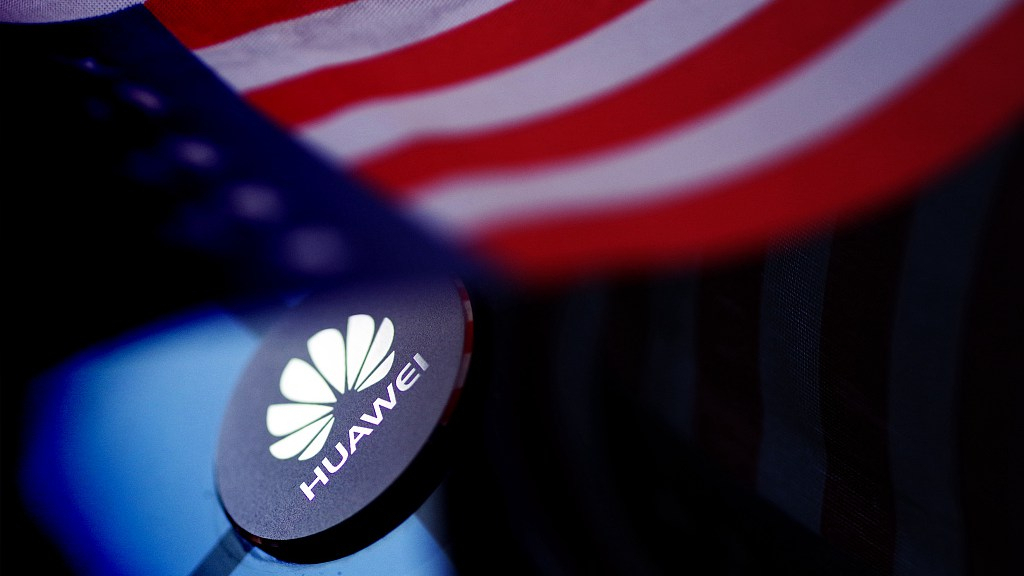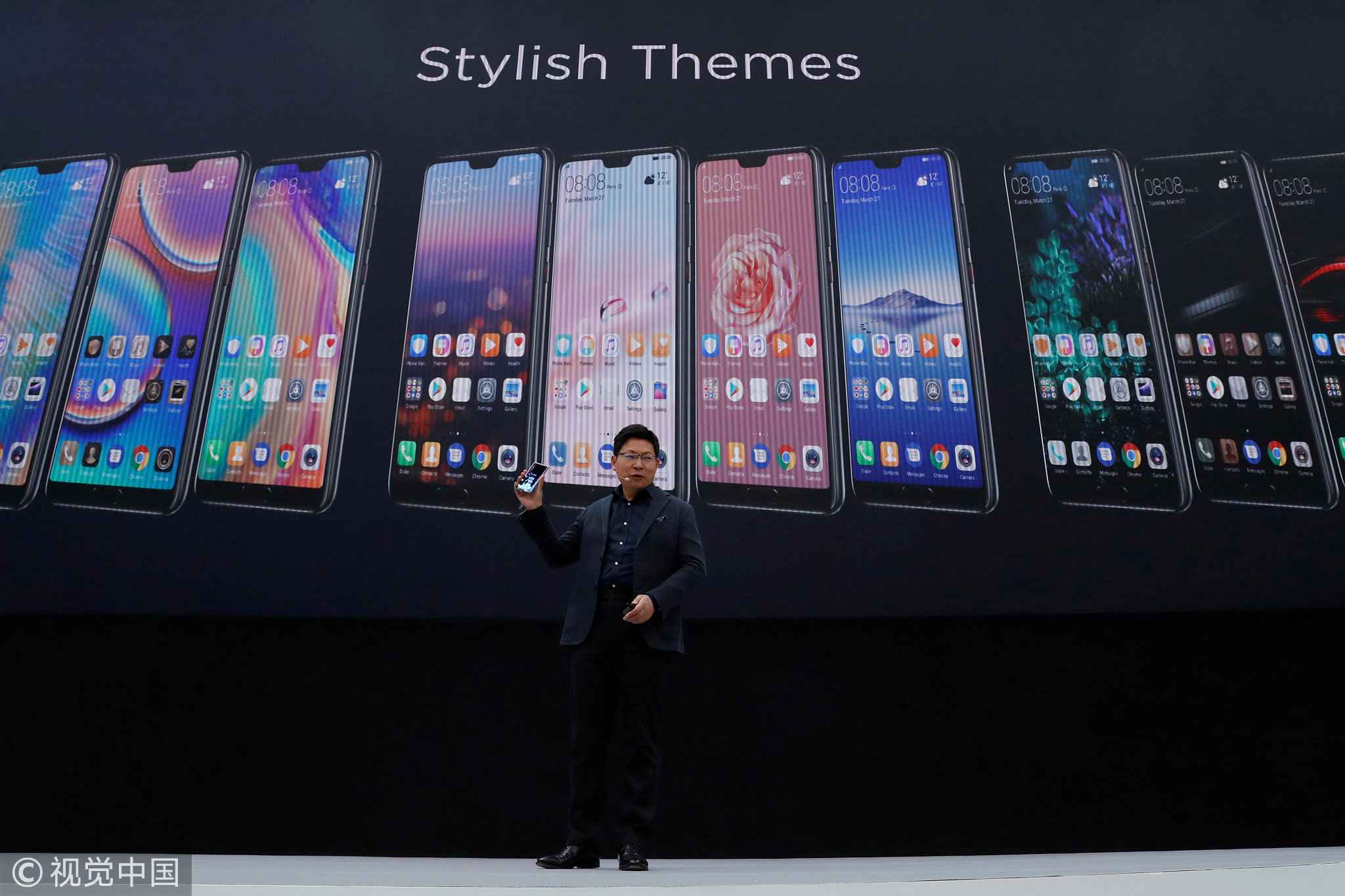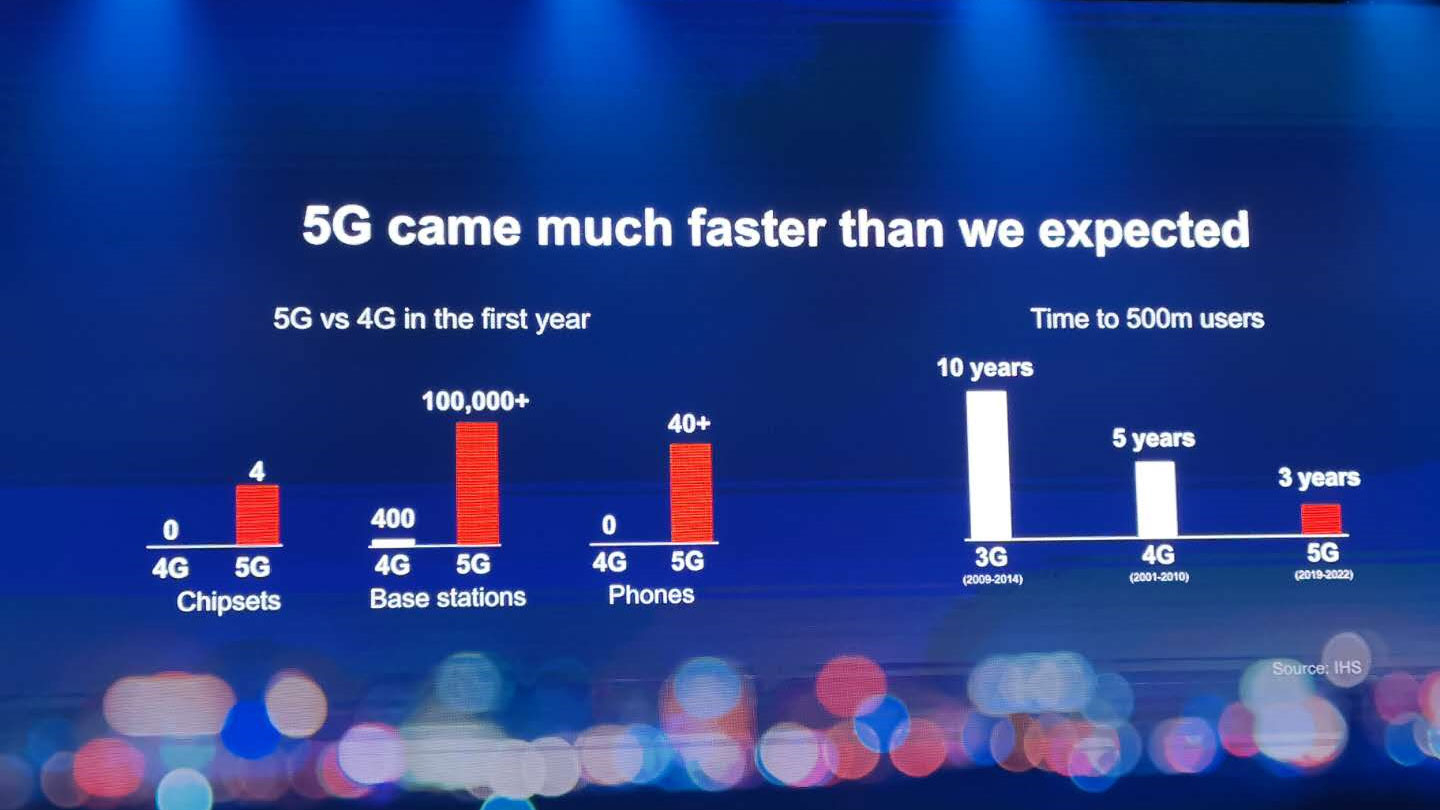
Opinion
12:15, 17-Apr-2019
Why is America's Huawei Campaign Failing in Europe
Tom Fowdy

Editor's note: Tom Fowdy is a British political and international relations analyst and a graduate of Durham and Oxford universities. He writes on topics pertaining to China, the DPRK, Britain and the U.S. The article reflects the author's opinion, and not necessarily the views of CGTN.
The past 48 hours have been bad news for Washington in their global campaign to see the Chinese Telecommunications firm Huawei excluded from the construction of global 5G networks. Despite robust efforts from the United States, as well as threats, towards its European allies to ban the firm, in the space of days Belgium, Poland and Germany have played down the need to do so.
Belgium's cybersecurity agency stated that it had not found any evidence that the Shenzhen company posed a threat, Poland bluntly stated that it could not afford a blanket ban on Huawei's 5G participation due to "cost concerns" and in the biggest blow to Washington, Germany's telecommunication regular has given Huawei clearance to participate in the 5G race providing certain criteria is met, citing again the lack of evidence of a threat and also cost concerns if the company was excluded.

Richard Yu, CEO of the Huawei Consumer Business Group, attends the launching of the new generation of its smartphone, Huawei P20, in Paris, France, March 27, 2018. /VCG Photo
Richard Yu, CEO of the Huawei Consumer Business Group, attends the launching of the new generation of its smartphone, Huawei P20, in Paris, France, March 27, 2018. /VCG Photo
If you dig deep beyond the mainstream media narrative, that tends to take the “Huawei threat” discourse as a given and in turn, reproduces and talks up Washington's line uncritically, you will find that American diplomacy on this issue has been mostly unsuccessful. Despite the pressure placed on the continent by U.S diplomats, a priority foreign policy goal for the administration, European countries have either quietly ignored or publicly dismissed calls to shut out the firm from their 5G Networks.
The answer lies in Washington's choice of method: failing to understand the appeal of the 5G race and in turn, dismissing the national interests and economic considerations of European countries in acquiring such networks on affordable terms, America conducted a hyperbole centric campaign was saw privately by its counterparts for what it was. In doing so, no alternative was provided. You don't win a race by sitting at the start line and attacking your competitors.
The creation of 5G wireless networks is a big deal. We've heard too much about that already. It is a technology which will profoundly impact and improve the way we live, providing connectivity like never before. In the national interest perspective of a government, it is natural that obtaining such would be a big priority in the view of economic development. But how of course, do you get it? There are only a few companies with the capability to do so.
To upgrade your entire national infrastructure is extremely expensive and tenuous, even for the prosperous countries of Western Europe. Herein is where Huawei comes into the picture, a leading innovator in global 5G network technology which, owing to the advantages of a bulging domestic market and a rapidly growing international presence, is able to provide this opportunity at a much more economical and competitive price than rivals. For many governments in Europe, this consideration has been hard to turn down.
The United States hasn't quite understood this. Rather than adequately contemplating the national interests of countries in Europe to acquire affordable 5G networks through Huawei and in turn, offering an alternative, instead they chose their strategy as an all-out hyperbolic assault on the company's reputation by exacerbating fears of espionage and pursuing criminal charges at home.

CGTN Photo
CGTN Photo
The Western mainstream media have taken this upfront and failed to scrutinize the political motivations of these narratives, treating them as a given. Yet if it were as serious as the extensively negative reporting would have you believe it is, why has nothing happened on the diplomatic front?
That's because European countries at large see Washington's motivations for what they are from a political point of view. While they might sympathize with the procedural need to conduct reviews and risk assessments, politicians are shrewd enough to note that there is a significant element of scaremongering and exaggeration involved.
As a result, given their national interests in permitting Huawei's presence, they will only respond to Washington's calls on a neutral basis and will not cut off their noses to spite their faces for what they can only see is diplomatic appeasement.
This has very much been the strategy of Germany, who has played down American hysteria and opted for an evidence-based strategy in retrospect to their own national interests. In doing so, they have failed to see why adhering to Washington's demand is a reasonable or necessary course of action from their own perspectives.
Given this, the Trump administration's diplomatic campaign to contain Huawei has got it all wrong and has, in turn, failed quite explicitly. Unwilling to comprehend the national interests of countries in developing 5G networks and negligent in providing any kind of feasible alternative has seen Washington met with dismissive and apathetic responses not just in Europe, but on a near-global scale.
Scaremongering from the sidelines might make a good story, but it can never win a global technology race nor convince others to deprive themselves of something so readily beneficial to them.
(If you want to contribute and have specific expertise, please contact us at opinions@cgtn.com.)

SITEMAP
Copyright © 2018 CGTN. Beijing ICP prepared NO.16065310-3
Copyright © 2018 CGTN. Beijing ICP prepared NO.16065310-3